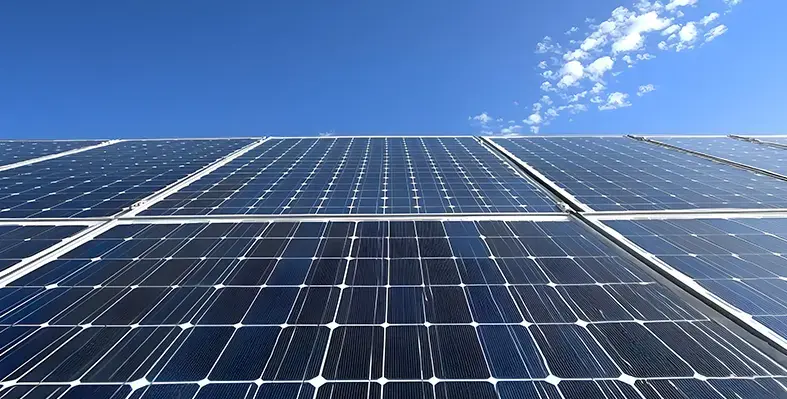Solar panel imports into Africa rose by 60% in the 12 months to June 2025, reflecting the positive momentum in the renewables segment
That is according to a new analysis of China’s solar panel exports data from energy think tank Ember.
“The take-off of solar in Africa is a pivotal moment,” said Dave Jones, Ember’s chief analyst.
The analysis shows that Africa’s solar panel imports set a new record in the 12 months to June 2025, reaching 15,032 MW — it marks a 60% increase on the 9,379 MW imported in the preceding 12 months.
The last time imports surged was in 2023, when South Africa solar imports picked up as the nation's power crisis hit its peak.
However, this time is different, according to Ember.
“Much of the pick-up in the last 12 months happened outside of South Africa,” it noted in a statement timed with the release of the analysis.
Key highlights include:
20 countries set a new record for the imports of solar panels in the 12 months to June 2025.
25 countries imported at least 100 MW, up from 15 countries 12 months before.
Growth markets
The analysis also shows the growth in individual markets, with some countries, notably Nigeria, seeing dynamic growth.
In the last 12 months to June 2025, Nigeria overtook Egypt to become the second-largest importer with 1,721 MW of solar panel imports in the past year, while Algeria ranked third with 1,199 MW.
Some countries recorded very high growth rates.
Algeria’s imports rose 33-fold, Zambia eightfold, Botswana sevenfold, and Sudan sixfold, while Liberia, Democratic Republic of Congo (DRC), Benin, Angola and Ethiopia all more than tripled their imports.
The analysis finds that recent imports could make a major contribution to electricity generation in many African countries.
If fully installed, imports in Sierra Leone in the last 12 months could generate electricity equivalent to 61% of reported electricity generation in 2023, while in Chad the figure is 49%.
Liberia, Somalia, Eritrea, Togo and Benin could see generation rise by more than 10% of reported 2023 generation. In total, 16 countries could see an increase of over 5%.
Impact on diesel imports
The report also describes how solar panel imports may actually reduce overall imports.
The savings from avoiding diesel can repay the cost of a solar panel within six months in Nigeria, and even less in other countries, it notes.
In nine of the top 10 solar panel importers, the import value of refined petroleum eclipses the import value of solar panels by a factor of between 30 to 107.
However, more data and evidence needed to unlock this potential.
Despite the record imports of solar panels, there is no data to know how many have yet been installed.
“Bottom-up energy transitions fuelled by cheap solar are no longer a choice, they’re our future,” said Muhammad Mustafa Amjad, program director at Renewables First.
“Tracking these additions is what makes the difference between a messy shift and an organised, accelerated one.”
Amjad added: “When you don’t track, you lose time and opportunities. Pakistan’s experience shows this clearly. Africa’s transition will happen regardless, but with timely data it can be more equitable, planned and inclusive.”
Further evidence is urgently needed, Ember added, to understand the rapid rise in solar across Africa and its potential to expand electricity systems. “No single data source captures the full picture, and much more research and reporting are required."
Read more:
Nigeria invites bids to develop rural mini grids
JA Solar, Juwi sign SA solar modules deal
Infinity Power lands Ivory Coast renewables deal
Sany commences Zimbabwe mining solar power project












